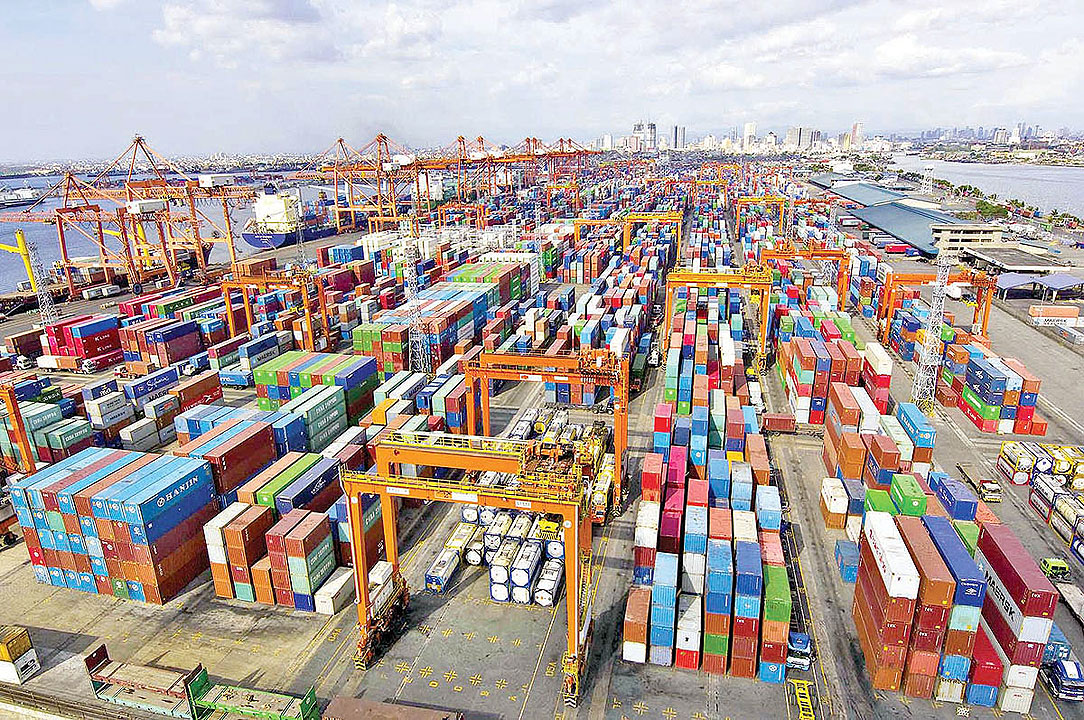ECCP wants longer validity for import clearances

THE European Chamber of Commerce of the Philippines (ECCP) proposed that the Philippines extend the validity of import clearances, which it said will provide relief to its members shipping in goods.
ECCP Vice-President Helen Grace Baisa said that as importers, European businesses are required to obtain clearances from the Bureau of Customs (BoC).
“You have to renew (some of them) on an annual basis,” Ms. Baisa said. “But in the last couple of months, we requested that the BoC simplify that or perhaps to make the validity longer, because it’s difficult.”
She said that the ECCP has requested the current annual renewals to be valid for at least two years.
In an advocacy paper published this year, the chamber sought to rationalize regulatory processes such as the Certificate of Necessity to Import, as well as import quotas.
It also pushed for automatic approval of Sanitary and Phytosanitary Import Clearances from accredited countries of origin.
“At the same time, the ECCP has really pushed for the implementation of the National Single Window (NSW),” Ms. Baisa said.
“Of course, the Customs Modernization and Tariff Act is now in place and we are thankful for that. In fairness, BoC has quite improved. But the reason why we actually pushed for NSW is for the alignment of regulations,” she added.
NSW is a web-based platform that allows parties involved in trade and transport to store standardized information to fulfill import, export and transit-related regulatory requirements.
In its advocacy paper, the ECCP said that the operationalization of the NSW will address the lack of communication between government agencies, combat smuggling and corruption, and facilitate smoother flow of domestic and international trade in the country.
It added that inefficiency, red tape, and corruption are trade and investment barriers which discourage doing of business in and with the Philippines.
“The ECCP is, of course, trying to help when it comes to the increase in foreign direct investments in the country. So how would the government do this? As much as possible, ease of doing business should be there,” Ms. Baisa said.
“What we really need is the simplification of the laws … For so many years, there has been this misalignment when it comes to interpretations of the law,” she said.
She added that companies involved in the manufacture, import and export or trading of food products and beverages rely on Republic Act 9711, while some companies rely on Customs Memorandum Circular 54-2014.
“However, sometimes or most of the time, a lot of customs inspectors are asking for way more documents. It is okay if the importing party is basically new and has like a red flag, but sometimes even those that do not are asked for more documents,” she added. — Justine Irish D. Tabile



